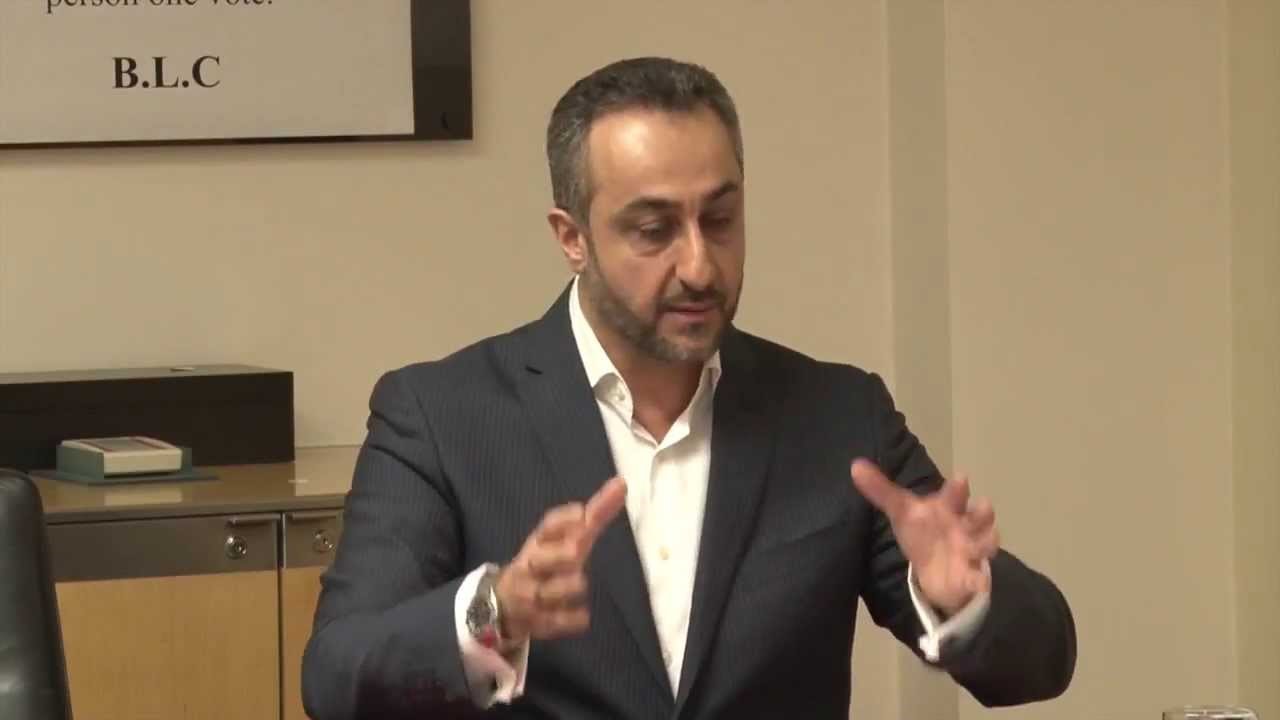Andrew McGregor
December 3, 2009
Baloch leader Hyrbyair Marri recently gave an interview on the independence movement and growing insurgency in the highly strategic and resource rich Pakistani province of Balochistan (Geo News [Karachi], November 26). Hyrbyair seeks a negotiated withdrawal of the Pakistani military from Balochistan, maintaining that Balochistan was an independent country in 1947 until Pakistani forces occupied the region in 1948. Provincial autonomy is rejected as “we do not accept that Balochistan is a province of Pakistan.”
Hyrbyair is the son of Marri tribal chief Nawab Khair Bakhsh Marri. His brother, Balach Marri, a reported leader of the Marxist-oriented and Marri-dominated Baloch Liberation Army (BLA), was killed by Pakistani security forces in 2007 (Balochistan Express, November 22, 2007). Hyrbyair is a former Balochistan MP (1997-2002) and was a minister in the provincial assembly for two of those years. He fled to the UK in 2002, but was arrested and charged with inciting terrorism in December 2007 (Dawn [Karachi], December 12). Supporters of Hyrbyair claim the arrest came at the request of former Pakistan president General Pervez Musharaff, who demanded action on Balochi nationalists living in exile in the UK as the price of further cooperation in the war on terrorism. An Islamabad daily reported that the new government contributed substantial amounts to Hyrbyair’s defense as part of a program of confidence-building measures with Baloch leaders. Hyrbyair was acquitted on three charges with no decision on a fourth in February 2009 (Crown Prosecution Service Press Statement, March 10).
Compared to the rest of Pakistan, Balochistan is sparsely populated and poorly developed, but Hyrbyair insists that an abundance of natural resources such as oil and gas will provide the economic backbone for an independent state. Hyrbyair suggests a secular Baloch state may also attract the support of the United States. “Secularism is in the nature of the Baloch people and is a part of the Baloch ethos.”
Hyrbyair rejected the past participation of Baloch politicians in Pakistan’s federal government, describing two former Baloch presidents and one prime minister as “paid employees of the federal government.” Baloch politicians who took government posts may have “wanted to do something for the people of Balochistan, but contrary to that, their participation in the political process consolidated the tyranny of the federal government over Balochistan.”
In response to questions regarding the violence of the independence movement and the targeting of Punjabi civilians, Hyrbyair denies having any influence over the movement, which he claims is run by “local Baloch youth,” though he also claims to have no idea who the movement’s leader is. Asked if the independence movement was financed by India, Hyrbyair replied, “I don’t think that it is true.”
The development of the massive new Gwadar port in Balochistan is a major point of contention, with Hyrbyair claiming the port will benefit only Pakistan and not Balochistan. The nationalist leader says local leaders who opposed the development were kidnapped and killed by Pakistani intelligence agencies. Hyrbyair denies that the opposition to the port is being funded by Gulf states that will lose business to the modern facilities being built at Gwadar.
The Urdu language interview came only a day after Hyrbyair and other exiled Baloch leaders rejected a proposal from Islamabad designed to end the long-standing insurgency in Balochistan. The offer called for a cessation in military activities, the release of political detainees and a payment of $1.4 billion in gas royalties over 12 years (Reuters, November 25). The “Rahe-i-Haqooq Balochistan” package included a ban on the construction of new military camps in Balochistan, though two existing camps would remain operational. Hyrbyair described the government’s proposal as “a mockery and a cruel joke” (The News [Islambad]. November 25).
This article first appeared in the December 3, 2009 issue of the Jamestown Foundation’s Terrorism Monitor

